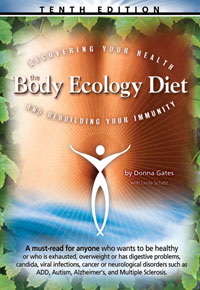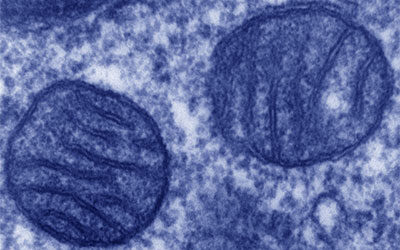I am struggling to manage a systemic candida condition. Have any dietary advice? Thanks!
Donna’s response:
Yeast infections are so common today that scientists estimate 70% of our population suffer from candida1, a type of yeast infection!
And they are not just a ‘women’s problem.’ Actually, anyone can get a yeast infection.
Even worse, symptoms are so varied, that you (and your doctor) might not even know you have one.
If you can conquer mountains but not your yeast infections, you are not alone! At least 2 out of 3 people have yeast infections, and some don’t even know it! Find out the symptoms and yeast infection treatments.
Common symptoms of yeast infections include:
* Fatigue
* Insomnia
* Constipation and/or diarrhea
* Bloating, gas, and abdominal pain
* Poor memory, foggy thinking, feeling “spacey”
* Prostatitis
* Vaginal itching and discharge
* Endometriosis
* Bad breath
* Frequent mood swings
If you suffer from some of these symptoms, you could be among the majority of the population with a yeast infection.
Yeast infections are so prevalent today because most people have weakened immune systems, mineral deficiencies and acidic blood, conditions that together create an environment where pathogenic yeast and fungi can thrive and cause infections.
Deep within the unseen world of your intestines you have an inner ecosystem. It is healthy, when you have plenty of beneficial microflora (good bacteria and yeast) in your intestines. These microscopic “good guys” help keep your immune system strong. Unfortunately, most people (especially those who suffer from yeast infections) have imbalanced inner ecosystems.
This creates an environment that bad guys (parasites, bad bacteria, yeast, and viruses) love.
Here are some of the most common causes of yeast infections:
- The Standard American Diet is full of sugar and processed foods
- Parasites, which are also more common than you think.
- Drugs (over-the-counter, recreational and prescription drugs like antibiotics, birth control pills, cortisone) and alcohol.
- Lack of sleep
- Stress
- Passed on from infected mother at birth – this is a key reason why babies are at risk for childhood diseases like autism. Find out more by reading: What Every Girl & Woman Needs to Know NOW if they Ever Want to Have a Baby
- Improper food combining
- Improper digestion of proteins and the resulting toxins
The key to eliminating yeast infections is to build your inner ecosystem with healthy microflora and Body Ecology can show you how!
Body Ecology Helps You Banish Yeast Infections
If you suspect that you are suffering from a yeast infection, then conquering it must become a high priority. This is a dangerous infection that can cause death when the overgrowth becomes acute. It seriously suppresses your immunity and interferes with healthy hormone production. A woman planning to become pregnant can pass this infection to her child. Health and longevity will be impossible to obtain as long as your body is struggling with yeast overgrowth. Now is the time to heal your body.
Body Ecology provides a system for health and healing that is anti-fungal, anti-bacterial and anti-viral. Not only will feel better as you build back your inner ecosystem, but also you will look healthier too!
Here are 4 key ways to help you end yeast infections forever:
- Begin stage one of the Body Ecology program. This program is the most effective anti-fungal diet available today. You cannot become well if you do not change your diet. Anti-fungal drugs are not the solution.
- Eliminate sugar from your diet. Since we still need to eat foods that satisfy our cravings for the sweet taste, try Stevia, a natural sweetener that will not raise blood sugar or feed candida.
- Add probiotic-rich fermented foods and drinks that are full of beneficial microflora to your diet. You can make them at home using our convenient starters or try convenient, ready-made probiotic liquids.
- Eat healthy, organic unrefined fats and oils. Coconut oil, in particular, is an excellent natural yeast infection treatment. It is anti-fungal, anti-viral and can be used in cooking and baking. Fish and cod liver oils are anti-inflammatory, helping to “cool” the “heat” of inflammatory infections like candida. Along with raw butter and ghee rich in butyric acid, fish oils (both rich in Vitamin A and D) also help heal your wounded gut lining, damaged by the candida infection in your intestines.
Body Ecology is the premier system for health and healing that can help you create a vibrant inner ecosystem where yeast infections (candida) and other pathogens will NOT want to live.
By following these recommendations, you will be well on your way to stronger immunity and vibrant health!
Donna










0 Comments